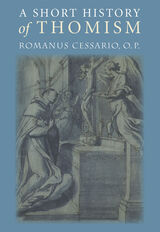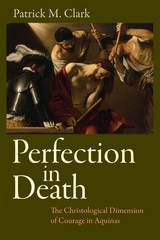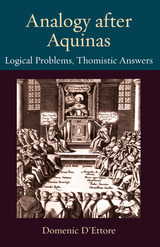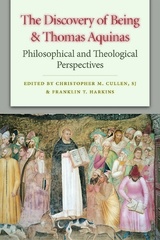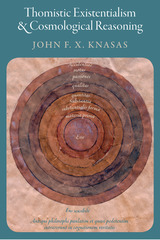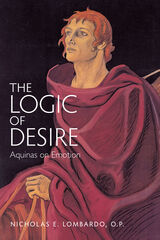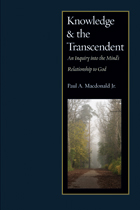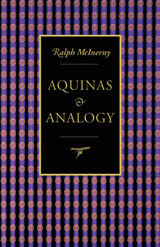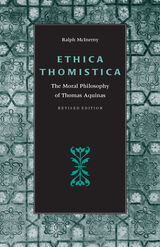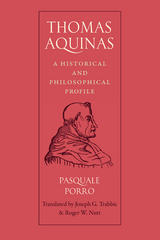Sin: A Thomistic Psychology
Catholic University of America Press, 2018
eISBN: 978-0-8132-3034-4 | Paper: 978-0-8132-3033-7
Library of Congress Classification B765.T54J474 2018
Dewey Decimal Classification 241.3092
eISBN: 978-0-8132-3034-4 | Paper: 978-0-8132-3033-7
Library of Congress Classification B765.T54J474 2018
Dewey Decimal Classification 241.3092
ABOUT THIS BOOK | TOC
ABOUT THIS BOOK
If the human soul is made for good, then how do we choose evil? On the other hand, perhaps the human soul is not made for good. Perhaps the magnitude of human depravity reveals that the human soul may directly choose evil. Notably, Thomas Aquinas rejects this explanation for the prevalence of human sin. He insists that in all our desires we seek what is good. How, then, do we choose evil? Only by mistaking evil for good. This solution to the difficulty, however, leads Aquinas into another conundrum. How can we be held responsible for sins committed under a misunderstanding of the good? The sinner, it seems, has simply made an intellectual blunder. Sin has become an intellectual defect rather than a depravity of will and desire. Sin: A Thomistic Psychology grapples with these difficulties. A solution to the problem must address a host of issues. Does the ultimate good after which we all strive have unity, or is it simply a collection of basic goods? What is venial sin? What momentous choice must a child make in his first moral act? In what way do passion, a habitually evil will, and ignorance cause human beings to sin? What is the first cause of moral evil? Do human beings have free will to determine themselves to particular actions? The discussion of these topics focuses upon the interplay of reason, will, and the emotions, examining the inner workings of our moral deliberations. Ultimately, the book reveals how the failure to maintain balance in our deliberations subverts our fidelity to the one true good.
See other books on: 1225?-1274 | Good and evil | History of doctrines | Middle Ages, 600-1500 | Thomas, Aquinas, Saint
See other titles from Catholic University of America Press



